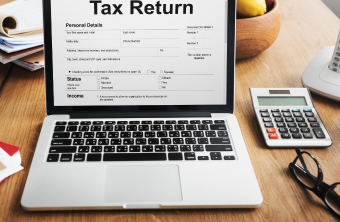

Tax planning is an essential aspect of personal finance that can have a significant impact on your overall financial well-being. By implementing effective tax planning strategies, you can minimize your tax liability, maximize your returns, and keep more of your hard-earned money in your pocket. In this article, we’ll explore various tax planning strategies to help you optimize your tax situation and achieve your financial goals.
Tax planning involves the proactive management of your finances to legally minimize your tax liability while maximizing your after-tax income. It involves analyzing your financial situation, understanding tax laws and regulations, and strategically arranging your affairs to take advantage of available deductions, credits, and tax-efficient investment strategies. Effective tax planning can help you reduce your tax burden, increase your disposable income, and achieve long-term financial success.
While these tax planning strategies can help you reduce your tax liability and maximize your returns, it’s essential to consult with a qualified tax professional or financial advisor to develop a comprehensive tax plan tailored to your individual circumstances. Tax laws and regulations are complex and subject to change, and working with a knowledgeable advisor can ensure that you’re taking full advantage of available tax-saving opportunities while remaining compliant with tax laws.
Tax planning is a critical aspect of personal finance that can significantly impact your financial situation and long-term wealth. By implementing effective tax planning strategies such as maximizing retirement contributions, harvesting tax losses, utilizing tax credits, and optimizing charitable giving, you can minimize your tax liability and keep more of your money working for you. However, tax planning is not a one-size-fits-all endeavor, and it’s essential to work with a qualified professional to develop a personalized tax plan tailored to your specific needs and goals. With careful planning and strategic tax management, you can optimize your tax situation, maximize your returns, and achieve financial success.